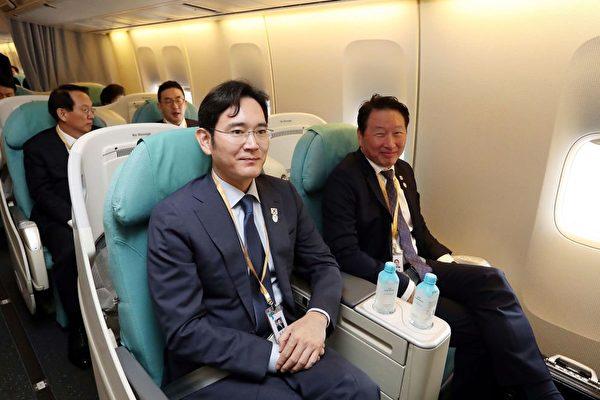News Analysis
Samsung Electronics Vice Chairman Lee Jae-yong’s recent trip to North America was likely aimed at finalizing site selection for Samsung’s new $17 billion chip foundry plant. Hong Kong financial expert Liao Shiming believes the United States is cooperating with Samsung to restructure its high-tech supply chain.





